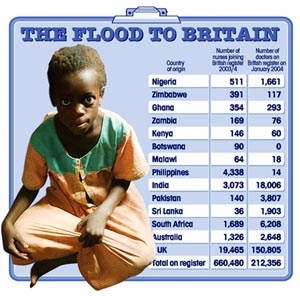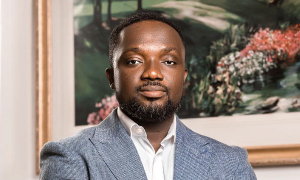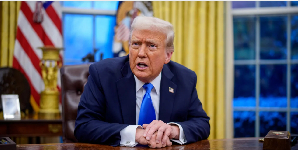London -- The United Kingdom (UK) is crippling Ghana and other sub-Saharan Africa's healthcare system by poaching its staff, UK doctors have warned.
In 2003, 5,880 UK work permits were approved for health and medical personnel from South Africa, 2,825 from Zimbabwe, 1,510 from Nigeria and 850 from Ghana.
Nearly a third of the doctors practising in the UK were trained overseas.
Physicians in developing countries, particularly in HIV/AIDS-stricken sub-Saharan Africa, are making up the shortfall and leaving countries like Ghana and Nigeria with too few doctors to cope with their own health problems.
"It is a huge, huge problem," Dr John Eastwood, of St George's University in London, said in an interview.
The medical merry-go-round of doctors going from poor countries to wealthier ones with better working conditions is not new. English-speaking African doctors migrate to Britain, while British doctors move to Canada and the United States.
Britain is not the only country benefiting from foreign-trained doctors but it recruits far more health professionals from abroad than other European nations.
While only about 5 percent of doctors in Germany and France are trained abroad, in Britain the number rises to 31 percent.
Eastwood and his colleagues, who reported their findings in The Lancet medical journal, said because Britain is a major beneficiary of the African brain drain it should take the lead in tackling the problem.
"There are special opportunities for the UK to take the lead in focusing the attention of the G8 (group of industrialised nations) on the wider problems of health professional migration from poor to rich countries," Eastwood said.
Britain has 166 doctors per 100,000 of the population, while France and Germany have more than 300 doctors per 100,000 and Ghana has just 9, according to Eastwood.
Britain must train more doctors and nurses.
"In the whole of sub-Saharan Africa there is an average of 12.5 doctors per 100,000 people. We have created a vacuum by under-providing training for doctors and nurses in the UK."
The researchers also urged Britain and other wealthy countries to do more to alleviate the shortage of doctors in sub-Saharan Africa.
"We suggest that one basic measure would be an agreement in consultation with WHO to establish a basis, in developed countries, for minimum annual numbers of health professionals in training."

















